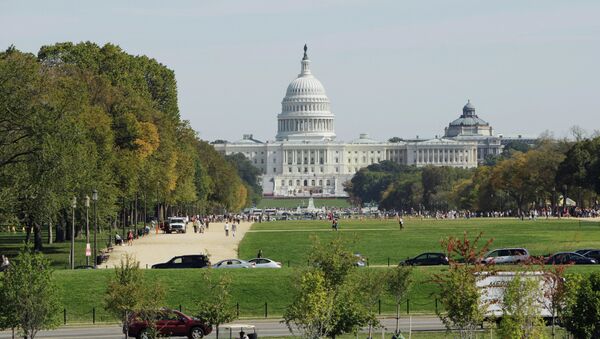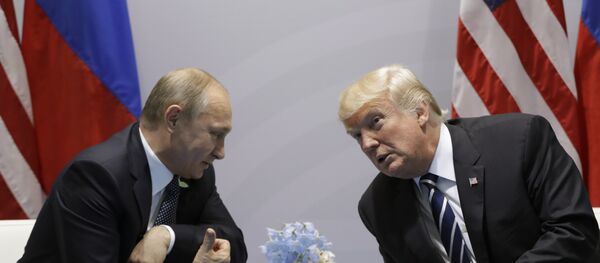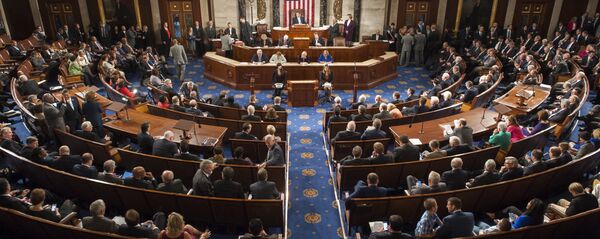"He may decide to veto the sanctions and be tougher on the Russians than the Congress. He may not veto the sanctions: he may sign the sanctions exactly the way they are or he may veto the sanctions and negotiate an even tougher deal against the Russians," Scaramucci told CNN.
The bill, which is yet to be approved by the Senate and the administration of US President Donald Trump, has already prompted criticism within the European Union.
France and Germany have so far spoken out against the bill that the US House passed overwhelmingly on Tuesday as one that adversely affects European industries while advancing US commercial interests.
German Foreign Minister Sigmar Gabriel and Austrian Chancellor Christian Kern earlier condemned the draft of new US sanctions, which, they said on June 15, were about "selling American liquefied natural gas and ending the supply of Russian natural gas to the European market."
In April, Gazprom's subsidiary Nord Stream 2 AG signed a deal with French Engie, UK’s Royal Dutch Shell, Austria’s OMV and Germany's Uniper and Wintershall, which agreed to provide part of long-term financing of the gas pipeline project, estimated at 9.5 billion euros ($10.6 billion).




